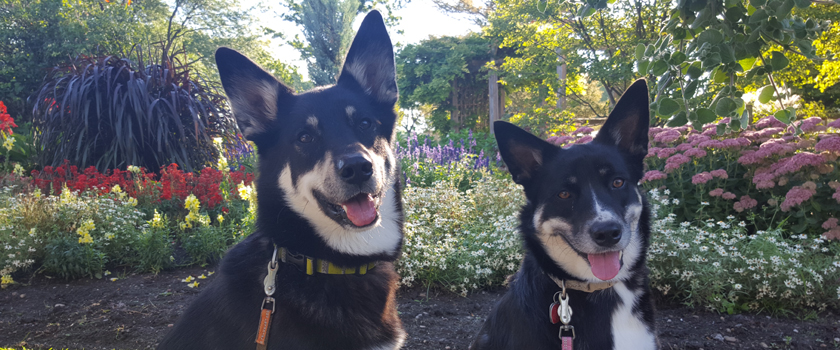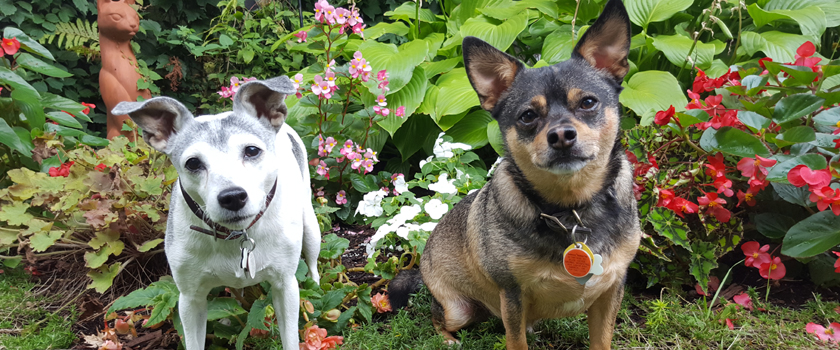
by Tracy Wood | Oct 19, 2016 | QuickPost
Studies of canine intelligence are ever present. Yale cognitive psychologist Paul Bloom believes that we are entering the age of the dog: “for psychologists, dogs may be the next chimpanzees.” When it comes to communicating with dogs, there are many “open windows.”...

by Tracy Wood | Oct 12, 2016 | QuickPost
Are your words and actions communicating what you really intend to your dog? We are told to always reward a dog when they come when called, and to never scold them if they failed to come the first few attempts. This is very true. Now, if you don’t have treats with you...

by Tracy Wood | Sep 21, 2016 | QuickPost
Your tone of voice matters when communicating to your dog. There are three main voice tones that we can use to clearly communicate what we want from our dogs. If we want the dog to calm down, we should use low, long and slow tones, such as, “Gooood doooog,” spoken in...

by Tracy Wood | Aug 31, 2016 | QuickPost
Are you working “under threshold” with your dog? If we are trying to teach our dog something, we have to ensure that the dog is far enough away from anything that may cause the dog to be fearful or anxious. A dog that is fearful or anxious has had the access to the...





